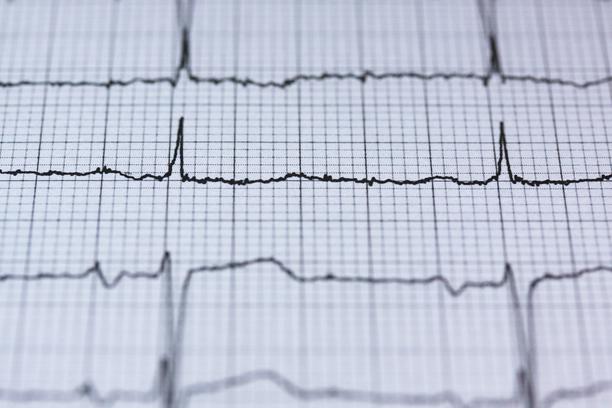|
London Valve Live '09
Surgical innovations such as those performed by Wendler and his colleagues are predicated on years of R&D. In 2008, King's was awarded Â'£9 million to establish a British Heart Foundation Centre of Research Excellence.
An important focus of this group at King's is translational or bench-to-bed research. So called, because it enables research discoveries to be translated into new therapies and their outcomes fed back into further research and education.
In 2009 a group of world renowned experts in cardiology and heart surgery met in London to discuss how advances in aortic and mitral valve surgery and minimally invasive techniques pioneered at King's were making a real difference to patients with heart valve disease.
Delegates watched, via a teleconference, patients undergoing two path breaking procedures, which demonstrated how minimally invasive techniques were changing the way patients with chronic heart conditions were treated.
On show then was a transapical aortic valve implantation, which involves an artificial heart valve being implanted by a cardiac surgeon directly through the left side of the chest while the heart is beating and without having to go on a bypass machine. Also delegates watched an apercutaneous or transfemoral aortic valve implantation, which involves an artificial heart valve being implanted into the heart by a cardiologist through a leg artery, again with the heart beating.
Takeaway
"The cardiac units at King"s and Guy's and St Thomas are working to bring clinical excellence and cutting-edge research closer together and make it available for patients in the UK", says Professor Wendler.
|





Comments